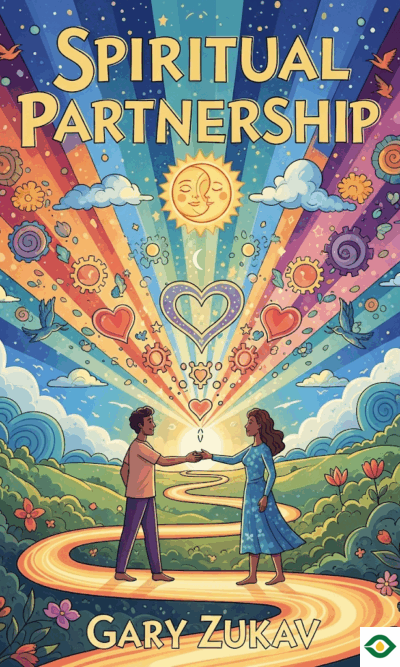Description
Relationships can be a source of great joy, but they can also be frustrating and painful when emotional connections weaken. When partners feel insecure or disconnected, even small annoyances can spark big arguments. This often happens because each partner reacts to the fear of losing the relationship in different ways—one may become distant, while the other becomes clingy. These opposite reactions can create a downward spiral that leads to more conflict and less closeness.
One common pattern is the blame game. Instead of addressing the real issue, partners point fingers over trivial matters, which only makes the situation worse. By recognizing these cycles, couples can interrupt the pattern, take responsibility for their own behavior, and create space for empathy. Understanding that both people are often reacting to fear or hurt allows for a more compassionate response.
Every person carries “raw spots”—emotional triggers shaped by past experiences. A small comment or action can hit a deep wound from childhood or a previous relationship, leading to an outsized reaction. The only way to truly address this is through emotional vulnerability. When partners openly share their past hurts and explain why certain things upset them, they create a safe space for understanding and connection.
Life challenges—such as illness, job loss, or grief—can also strain a relationship. In hard times, miscommunication and resentment can build up quickly. Couples who pause to analyze what’s really happening during conflicts can often trace their disconnection back to misunderstandings about needs and emotions. By seeing these patterns clearly, they can choose new, healthier ways of responding to each other.
Sometimes, deeper traumas stand in the way of trust. When a partner fails to be emotionally present in a critical moment, the wound can linger for years. Healing from such events requires courage: one partner must clearly express the pain, and the other must truly acknowledge it without defensiveness. This mutual honesty can repair trust and rebuild intimacy.
Emotional closeness also plays a powerful role in physical intimacy. Many couples mistakenly think that bad sex causes relationship problems, when in fact it’s often the other way around—emotional disconnection leads to sexual dissatisfaction. When couples feel safe, supported, and understood, they are more open, vulnerable, and responsive to each other’s desires. This trust allows them to share insecurities without fear of rejection, which deepens both emotional and physical bonds.
The world is full of stress, uncertainty, and trauma. Global events, personal losses, and difficult life experiences can leave people feeling wounded and unsafe. Emotional connections with loved ones act as a buffer against these challenges. People who have secure relationships often recover from trauma more quickly and even grow stronger after hardship, while isolation can lead to deeper emotional struggles.
The central message is that relationships thrive when partners create an environment of emotional safety. This means recognizing harmful patterns, sharing vulnerabilities, healing old wounds, and staying emotionally present for each other. Physical affection, such as cuddling, isn’t just pleasant—it’s a simple, powerful way to reinforce emotional bonds. By nurturing closeness in both everyday moments and during life’s storms, couples can build a love that lasts and supports them through anything.





